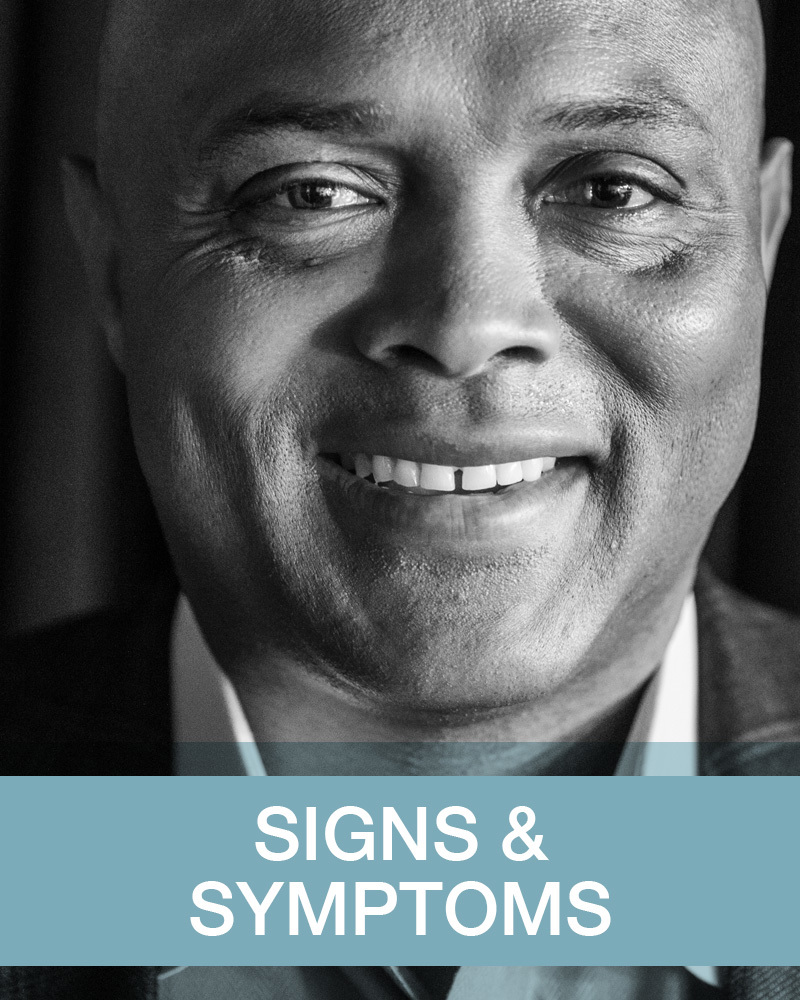Depression
Learn the signs here, and get help if you need it.
Most of us are familiar with the signs of depression, but less than half of those suffering from depression get help. It can be hard to separate “normal” feelings of sadness from depression, and it may be easy to miss signs of depression in ourselves and others because not everyone experiences symptoms the same way.
Depression can be caused by a number of things:
- chemical imbalance in the brain
- stress
- trauma
- loss
- chronic pain
- physical illness
- lack of sleep
Whatever the cause, depression can be treated.
Mythbusting
MYTH:
Depression is not a “real illness”, and people with depression can “just get over it”.
FACT:
While about half of the people who suffer from Major Depressive Disorder will come out of their depression without formal treatment, lack of treatment increases the likelihood of future depressive episodes. Also, keep in mind that UNTREATED DEPRESSION is the greatest contributing factor for suicide.
MYTH:
If you start taking medication, you will have to take them for the rest of your life.
FACT:
While antidepressants are often an effective part of treatment for depression, it is not something that you have to do forever. A good psychiatrist is important in making sure that someone experiencing depression is provided the type of medication and the dosage that is most effective for them. Medication should never be the ONLY form of treatment. A combination of medication and counseling is often considered the most effective treatment for depression. Open and honest communication about improvements in mood, concerns, and potential side effects with a medical professional is important.
Signs & Symptoms
Decreased interest or pleasure in activities
Feeling hopeless, irritable, anxious, or angry
Depressed mood, lack of motivation, low self-esteem, decreased pleasure in once enjoyable activities, and feelings of worthlessness are all symptoms of depression.
Fatigue or loss of energy
Aches or pains, headaches, or digestive problems

Feelings of worthlessness or excessive guilt:
Some people struggling with depression may ruminate - replaying mistakes they have made in the past, or feel that they don’t deserve to feel better.
Diminished ability to think or concentrate; indecisiveness:
Someone may find themselves confused, or unable to remember things. Many people struggling with depression find themselves easily distracted, unable to solve what they would consider the smallest of problems.
Recurrent thoughts of death.

Player Tips
Don’t ignore the symptoms:
Men are less likely to report symptoms of depression. Instead, they may begin using illicit substances as a means of managing negative thoughts and/or physical symptoms. In addition, it is not uncommon for men of color to think their depressive symptoms have a physical cause, other than the psychological cause. Talk to your doctor, communicate honestly, and be open to working with a mental health professional as recommended.
Ask for help:
Men often see asking for help as a sign of weakness, but we continue to stress that the opposite is true; seeking support is a true demonstration of strength. The thought or attempt to hide pain, physical or mental, often leads to bigger problems, including behaviors that are self-destructive.
National Suicide Prevention Hotline
1-800-273-8255
NFL Lifeline
1-800-506-0078